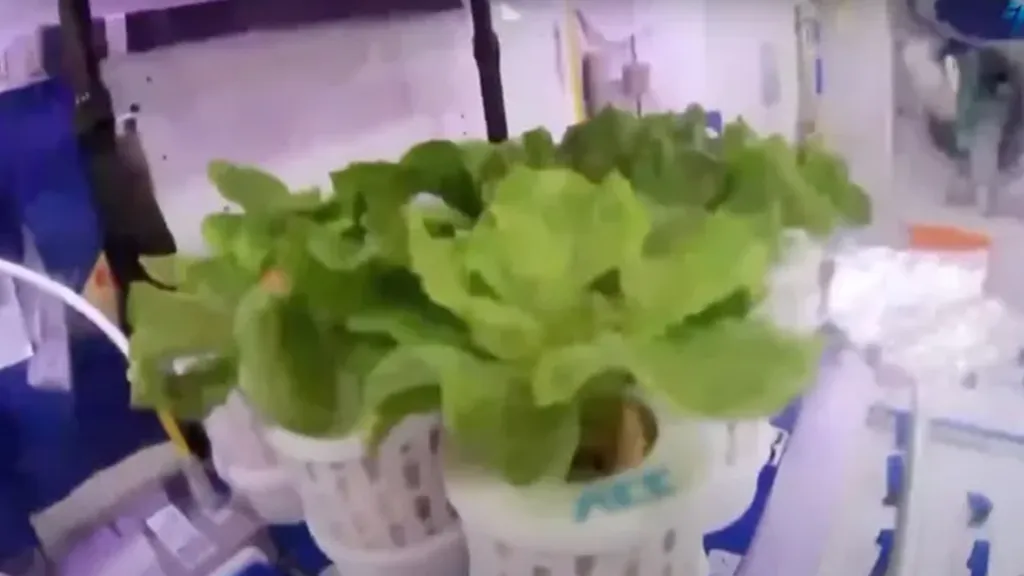In the quest for sustainable agriculture, scientists are delving deep into the molecular intricacies of plant growth and immunity. A recent study led by Hanbo Wang from the Hebei Technology Innovation Center of Agricultural Water Saving in China has uncovered how xylo-oligosaccharides (XOS), derived from plant cell walls, can significantly influence plant development and defense mechanisms. The research, published in the journal ‘Plants’ (which translates to ‘Plants’ in English), sheds light on the degree of polymerization (DP) of XOS and its impact on lettuce, offering promising insights for the agricultural and energy sectors.
XOS are not just simple sugars; they are key signaling molecules that regulate plant growth and immunity. The study investigated the effects of four high-purity XOS variants—xylobiose (DP2), xylotriose (DP3), xylotetraose (DP4), and xylopentose (DP5)—on lettuce. The findings revealed that high-DP XOS, particularly xylotetraose (XOSD), had the most pronounced effects. “We observed a 31.74% increase in leaf area and a 20.71% increase in aboveground biomass with XOSD treatment,” Wang explained. This suggests that the degree of polymerization plays a crucial role in the bioactivity of XOS.
The study employed transcriptomic profiling to understand the underlying molecular mechanisms. XOSD elicited the highest number of differentially expressed genes (DEGs), indicating extensive transcriptional reprogramming. Functional enrichment analyses showed that high-DP XOS upregulated genes involved in plant hormone signaling, starch and sucrose metabolism, and cell wall biosynthesis, while downregulating photosynthesis-related genes. “This indicates that high-DP XOS not only promote growth but also enhance the plant’s immune responses,” Wang noted.
The research also highlighted distinct mechanisms employed by low- and high-DP XOS. While high-DP XOS activated biotic stress-related pathways, low-DP XOS primarily upregulated genes linked to basal immunity. This dual role of XOS in optimizing plant growth and defense opens new avenues for developing biostimulants that can enhance crop yield and resilience.
The commercial implications of this research are significant. In the agricultural sector, the use of XOS as biostimulants can lead to more sustainable farming practices, reducing the need for chemical fertilizers and pesticides. For the energy sector, the enhanced growth and biomass accumulation of plants can be harnessed for bioenergy production, contributing to a greener energy future.
As we move towards a more sustainable future, understanding the molecular mechanisms that regulate plant growth and immunity is crucial. This study provides a molecular framework for the DP-specific bioactivity of XOS and their dual role in optimizing plant growth and defense. The findings not only advance our knowledge of plant biology but also pave the way for innovative applications in agriculture and energy sectors.

